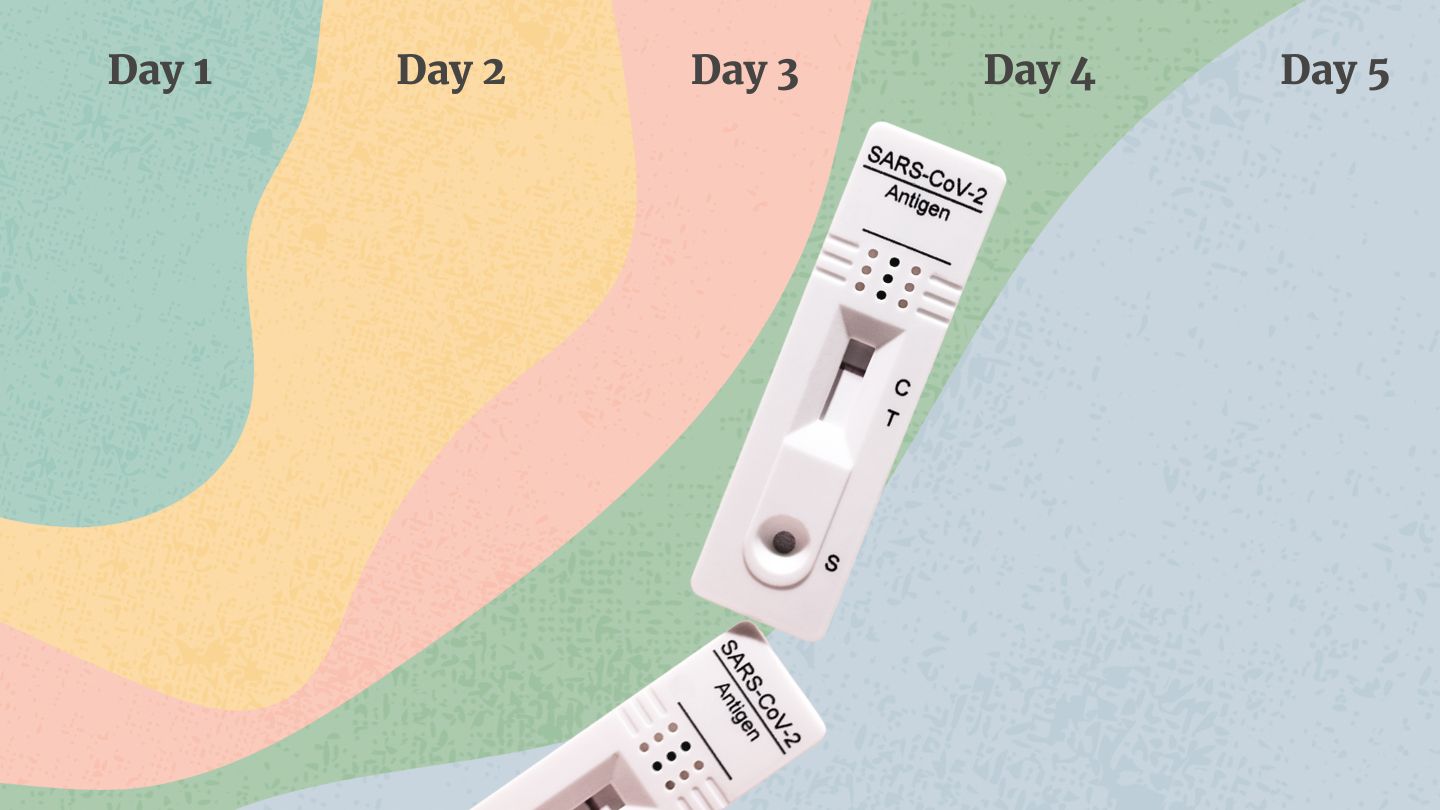Understanding Sore Throat and Earache
Sore throat and earache often occur together. This is because they can share common causes, like viral or bacterial infections. Determining if a sore throat and earache stem from the same illness or separate conditions is key for getting the right treatment.
Connecting the Throat and Ears
Before diving into specific sore throat and earache causes, it helps to understand how the throat and ears are connected:
- The throat, ears, and nose are all part of the upper respiratory system and share drainage passageways.
- Congestion from a cold or allergies can block the Eustachian tubes leading from the throat to the middle ears.
- Infections originating in the nose or throat can spread to the ears through these connected passages.
This helps explain why sore throats often accompany ear pain and discomfort.
Common Causes of Simultaneous Sore Throat and Earache
Viral Infections
Viruses are the most common cause of concurrent sore throat and earache. Examples include:
- Colds - congestion and swelling reaches the ears, leading to infection.
- Flu - body aches plus throat and ear irritation.
- Mononucleosis - severe fatigue with throat swelling and ear discomfort.
Viral sore throat and ear symptoms often resolve without treatment as the infection clears within 7-10 days. Rest, fluids, over-the-counter pain relievers can provide symptom relief.
Bacterial Tonsillitis or Pharyngitis
Bacterial infections of the tonsils and throat can also extend into the ears. Signs include:
- Very painful sore throat made worse by swallowing
- Swollen, red tonsils dotted with white or yellow spots
- Tender lymph nodes around the jaw and neck
- Sharp ear pain, especially when swallowing
- Fever over 101° F
Antibiotics are required for treating bacterial throat infections. Untreated strep throat can lead to complications like rheumatic fever affecting the heart.
Allergies
Environmental allergies also trigger uncomfortable sore throat and ear symptoms:
- Itchy, irritated throat
- Post-nasal drip running down the throat
- Itchy ears
- Sensation of fluid and fullness in the ears
- Muffled hearing
Over-the-counter antihistamines and allergy medications can provide relief until environmental allergens like pollen levels subside.
Differentiating Between Simultaneous Vs. Separate Throat and Ear Infections
In some cases sore throat and earache occur due to unrelated simultaneous infections instead of one illness spreading. Distinguishing between the two scenarios ensures proper diagnosis and treatment.
Characteristics of Separate Infections
Clues suggesting sore throat and earache stem from separate conditions include:
- One sided earache instead of both ears
- Ear pain arising after a sore throat improves
- Presence of drainage from the ear
- Sudden earache without other upper respiratory symptoms
When these or other symptoms indicate distinct illnesses are present, each condition will need targeted diagnosis and therapy.
How to Differentiate the Infections
Doctors can help differentiate simultaneous infections through steps like:
- Physical exam - looking for redness, drainage, sources of pain.
- Patient history - asking about symptom onset and progression.
- Lab tests - throat culture distinguishes viral versuses bacterial infections.
- Imaging - checking for fluid buildup behind eardrums indicating infection.
Identifying one vs. multiple conditions guides whether singular or combined treatment approaches are warranted.
Treating Sore Throat and Earache
Whether stemming from the same illness or separate infections, sore throat and earache treatments focus on reducing pain and irritation while addressing any underlying infections. Approaches may involve:
Home Remedies
- Warm fluids and saltwater gargles for throat soothing
- Oral pain relievers
- Warm compresses over the ears
- Ample rest and hydration
- Humidified air to ease congestion
Medical Interventions
- Antibiotics for bacterial throat infections also affecting the ears
- Ear drops to treat outer ear infections
- Drainage of fluid behind eardrums, if present
- Medications tailored to diagnosed conditions
Rarely, extremely severe simultaneous infections could warrant hospitalization for supportive treatment until infections improve.
Preventing Associated Sore Throat and Ear Infections
Preventing infections from taking hold in the first place can stop throat and ear irritation before it starts. Tips include:
- Practicing good hand hygiene to avoid transmission of infections
- Avoiding contact with sick individuals when possible
- Refraining from smoking, which irritates mucus membranes
- Ensuring any seasonal allergies are well-managed
- Staying up to date on immunizations against preventable infections
While not always possible to prevent simultaneous sore throats and ear infections, these steps can reduce frequency and severity when they do occur.
Key Takeaways
- Sore throat and earache often arise concurrently due to interconnected anatomy and shared drainage pathways between areas.
- Viral colds and infections most frequently cause simultaneous throat and ear discomfort.
- Allergies can also trigger associated sore throat and ear symptoms.
- When one-sided or poorly correlated symptoms occur, separate simultaneous infections may be taking place instead.
- Soothing, relieving symptoms plus targeted treatment of any underlying infections aids recovery.
Paying attention to correlation and progression of sore throat and ear complaints guides accurate diagnosis and effective therapy when these irritating symptoms occur.
FAQs
Can allergies cause both sore throat and earache?
Yes, environmental allergies can lead to itchy, irritated throat as well as clogged, uncomfortable ears and earaches.
What is the most common cause of simultaneous sore throat and ear pain?
Viral infections like colds and flu are the most common culprit behind concurrent sore throats and ear discomfort.
How can you tell if sore throat and earache are from separate infections?
Clues like one-sided earaches, poorly correlated timing of symptoms, and presence of drainage point to distinct simultaneous infections requiring separate treatment.
Is antibiotic treatment needed for sore throat and earaches?
Most viral sore throat/earaches resolve without antibiotics. Bacterial tonsillitis or throar infections do require antibiotics. Doctors can diagnose bacterial infections needing medicines.
Disclaimer: This article is for informational purposes only and does not constitute medical advice. Always consult with a healthcare professional before starting any new treatment regimen.
Related Coverage
Excess phlegm and mucus can be caused by allergies, infections, smoking, GERD, and other issues. A combination of home remedies and medical treatment can provide relief....
Experiencing hearing loss after a cold? Understand the causes, duration, and management strategies. Get insights on ear congestion, fluid buildup, and when to seek medical attention....
Discover the power of serious cough spray, a fast-acting and effective solution for persistent coughing. Learn about its unique formula, targeted delivery method, and how to choose the right product for rapid relief....
Learn how over-the-counter medications like Advil and Nyquil work to relieve common cold symptoms. Discover key differences between these options to help treat sore throats, congestion, coughs, and more....
Learn techniques for easily figuring out what day will be 5 days from any starting date. Methods using calendars, apps, sites and calculators to count weekdays and weekends....
From postnasal drip to laryngopharyngeal reflux, discover what's causing your throat to feel tickly and scratchy. Try home remedies, OTC meds, and professional treatments to find relief....
Can you take NyQuil and ibuprofen together? While mixing some NyQuil formulations with ibuprofen is considered safe, doubling up on acetaminophen by combining certain NyQuil products with ibuprofen can risk liver damage....
Does Tylenol or other medication break your fast? Get the facts on NSAIDs, supplements, prescription drugs and more during intermittent, alternate day and prolonged fasting....
Wondering if NyQuil is sugar free? Get the facts on the sugar and carb content in different NyQuil products. Compare regular vs sugar-free NyQuil here....
Artificial intelligence is radically changing how businesses operate and deliver value to customers in the 2020s, from personalized recommendations to streamlined operations....








